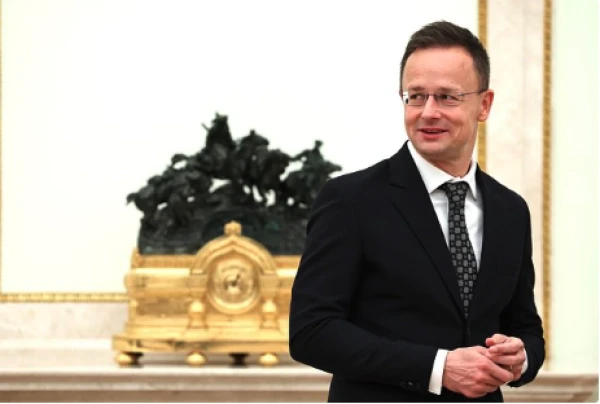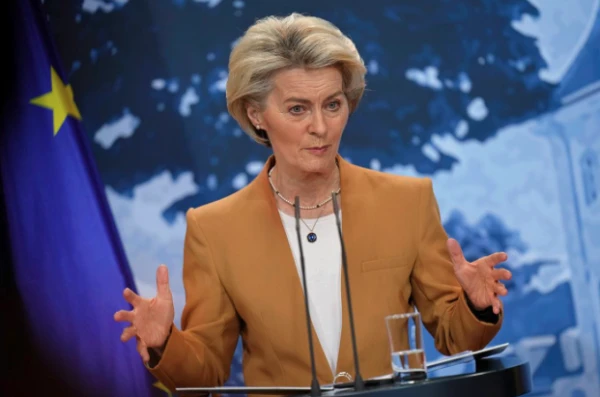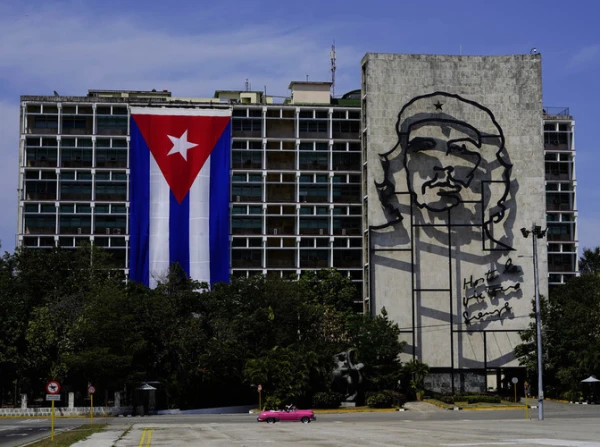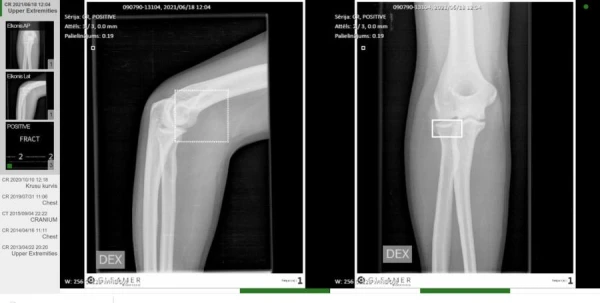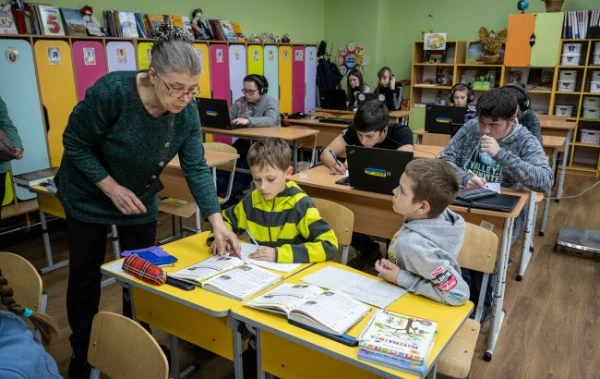
Only 18% of schoolchildren in Kyiv speak exclusively in Ukrainian.
Schools in Kyiv have significantly reduced the use of the Ukrainian language in the educational process. Almost a quarter of teachers now conduct lessons in Russian, and only 18% of students communicate exclusively in Ukrainian. This is 10% less than last year.
This is reported by RBC-Ukraine, citing the website of the Commissioner for the Protection of the State Language.
Monitoring by the State Service for Quality of Education in conjunction with the Commissioner for the Protection of the State Language in April-May 2025 showed:
24% of teachers in Kyiv use a non-state language during lessons and 40% during breaks; across Ukraine, the average figures are 14% during lessons and 21% during breaks.
A survey of students revealed that 66% violate the language law during lessons, while 82% do so during breaks. Only 18% of schoolchildren in Kyiv speak exclusively in Ukrainian. This is 10% less than last year.
At the same time, about 5% of the total complaints received by the language ombudsman’s office pertain to the education sector: both schools and preschool institutions.
"Regarding schools, this part of the complaints accounts for only a quarter of the total number of complaints in education. It seems a small amount. But a small number of complaints does not mean the absence of violations. Obviously, this is related to the specifics of the relationships between the subjects of the educational process. Parents and children are to some extent interested in the loyalty of teachers. Moreover, there is a problem with documenting violations," explained the Deputy Head of the Secretariat of the Commissioner for the Protection of the State Language, Serhiy Syrotenko.
In 2025, only 32% of students in Kyiv consider Ukrainian their native language. Russian or both languages are considered native by 28% of parents and 15% of teachers.
Partially, this is explained by communication at home in Russian and online content that influences the language habits of the younger generation.
"Kyiv can be classified as a Russified region of Ukraine. The younger generation uses Russian even more frequently than their parents. This is a sign of serious influence from the aggressor country. Through the internet and social networks, Russia influences our children and the formation of language habits," added Syrotenko.
Factors Hindering the Ukrainian Language
According to the research, the main reasons for the low level of use of the state language are:
-
Russian-language content on the internet (35% of parents);
-
Communication at home in Russian (up to 81% of teachers, 49% of students);
-
Insufficient level of proficiency in Ukrainian;
-
Lack of a Ukrainian-speaking environment and biased attitudes towards the language.
Syrotenko emphasized the need for the adoption of Law No. 13072, systematic legal and value education for teachers and students, as well as increased control in schools:
"The head of the institution must ensure the educational process is conducted in the state language and bear personal responsibility for compliance with the language law," stated Syrotenko.
